Cats are known for their independent nature, often hiding signs of illness or discomfort until a problem becomes severe. As a responsible pet owner, it's crucial to recognize the signs that indicate your feline friend may need immediate veterinary attention. Here are ten alarming signs that should prompt a trip to the vet without delay.
Other Topics You Might Like
Helpful Products You Might Like

Vet's Best Dental Care Finger Wipes For Cats

Greenies Feline Adult Natural Dental Care Cat Treats
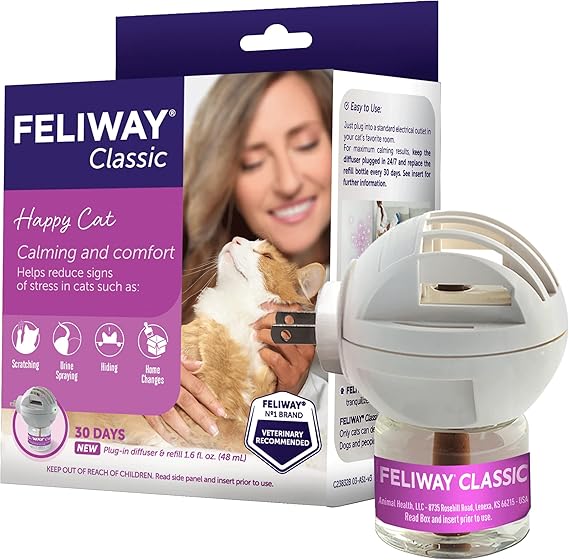
FELIWAY Classic Cat Calming Pheromone Diffuser
"(Paid Links)" 
Sudden Weight Changes
Weight changes in your cat can be a sign of something wrong with its health. Losing too much weight too fast can mean any condition, such as diabetes, hyperthyroid disease, or even cancer, while weight gain without a clear reason can mean conditions such as obesity or imbalanced hormones. As a cat owner, you should weigh your cat regularly to remember how it once looked.
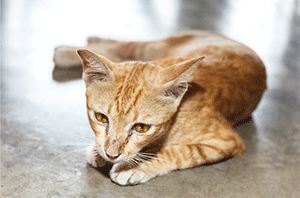
Vomiting or Diarrhea
Understanding that not every episode of vomiting or diarrhea descends into a pathologic excuse for isolation is important, especially for children whose patients do not understand stomach problems. Although rare, if diarrhea and vomiting occur frequently or are accompanied by blood or vomiting, this is of concern. The symptoms mentioned above can be features of sepsis, intestinal obstruction, or consumption of toxins. If your feline feels weak and does not consume food, it is time to seek veterinary assistance.
Shortness of Breath
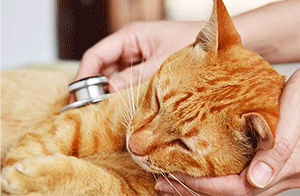
Having trouble breathing or having 'rapid' breathing is considered to be a sign of something more serious that needs addressing almost every time it is found. Causes can range from asthma and heart problems to pneumonia. If you hear noises such as wheezing or panting or notice blue mucus membranes on your pet in terms of the gums, take him to the vet very quickly.
Changes in Behavior
If your ordinarily social cat suddenly becomes withdrawn, aggressive, or unusually vocal, it may be experiencing pain or discomfort. Behavioral changes can also be a sign of neurological issues or psychological distress. Please pay attention to these shifts, as they often indicate something is wrong.
Lethargy or Weakness
It is often said that these are prevalent conditions that cats usually develop during their lifetimes and that most cat owners have witnessed some time in the feline population. Suppose your cat appears more docile than playful or is uninterested in activities and unable to move around. In that case, that is when it might be a serious problem. Diseases such as anemia, kidney disease, or infections, among other coma-inducing discharges, could make your kitty weak and require you to see a vet.
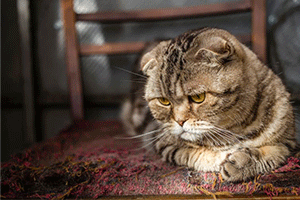
Changes in Appetite
A fixation on food to the point of being 'bulimic' or holding back completely are two opposing problems that can signal illness. "While a few cats can starve themselves because of stress or petty illnesses, serious conditions such as liver disease could arise from a more permanent disinclination towards food. Most doctors tell you that if your cat hasn't eaten for more than a day, it is best to take a trip to the doctor.
Painful or Difficulty Using the Litter Box
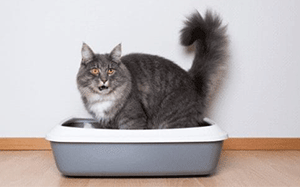
If a cat is finding it hard to urinate or even defecate, the most likely reason is some form of disease, such as a urinary tract infection, a strain in the urethra, or fecal impaction. These conditions can be considered critical and sometimes even dangerous in male cats. If your cat has any pain while using the litter pan, please call your veterinarian's office right away.
